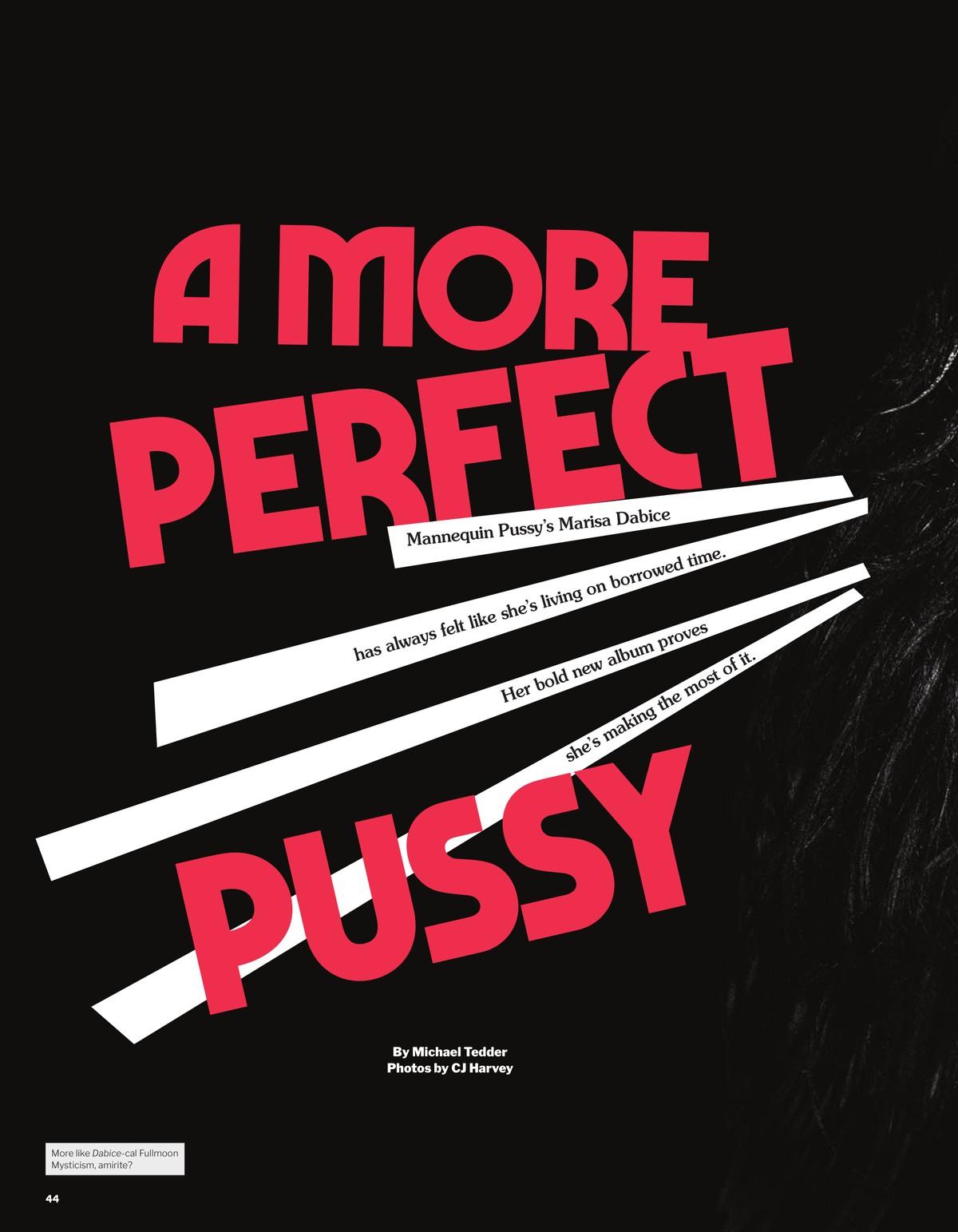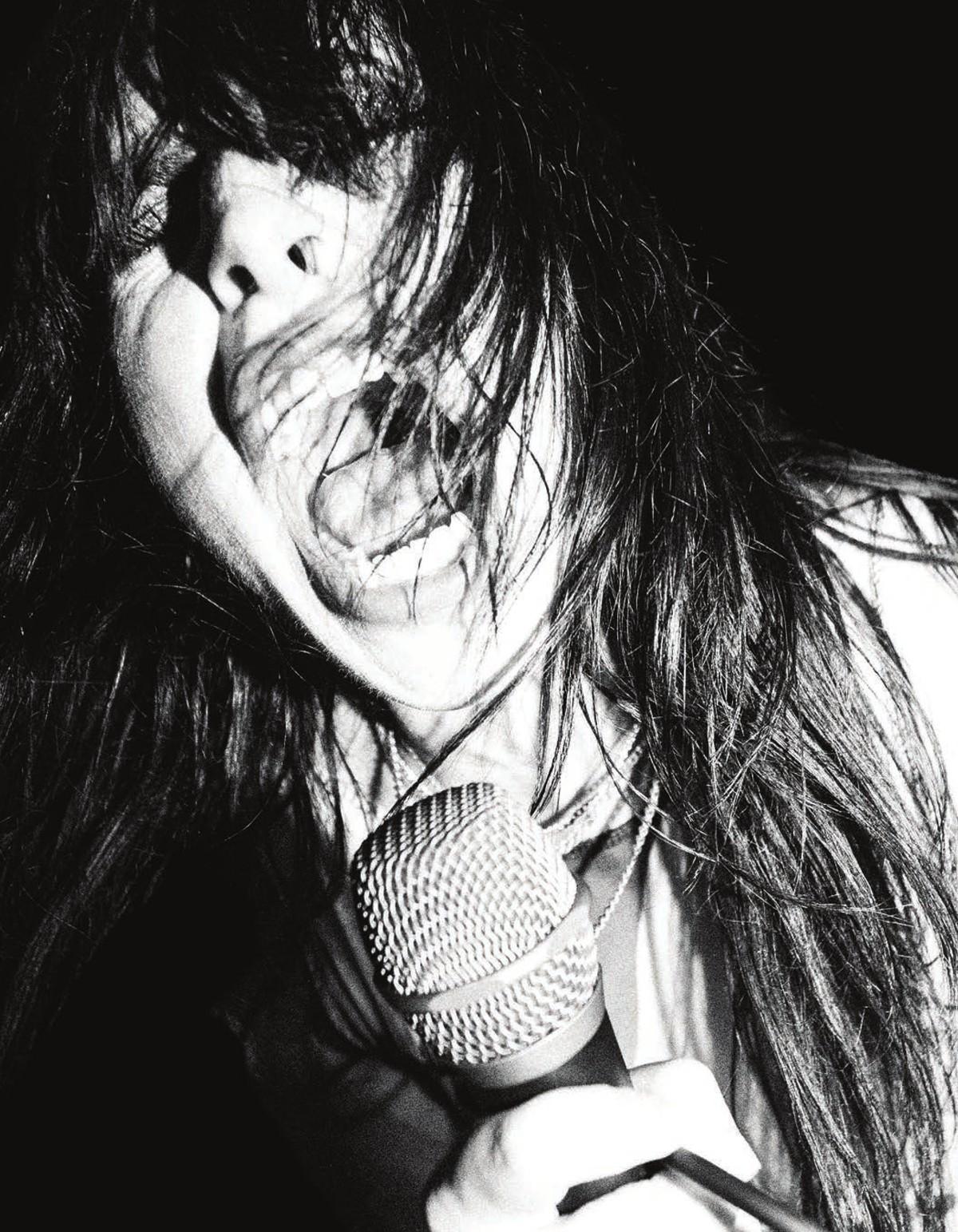A MORE PERFECT PUSSY
Delayed gratification is often the sweetest. I don’t think I’ve ever been happier to see a band than I was to see Mannequin Pussy on July 30, 2021, at the Jersey City, N.J., venue White Eagle Hall. By that point I hadn’t felt the intrinsic connection of live music in 20 months.
June 1, 2024


Loading...

